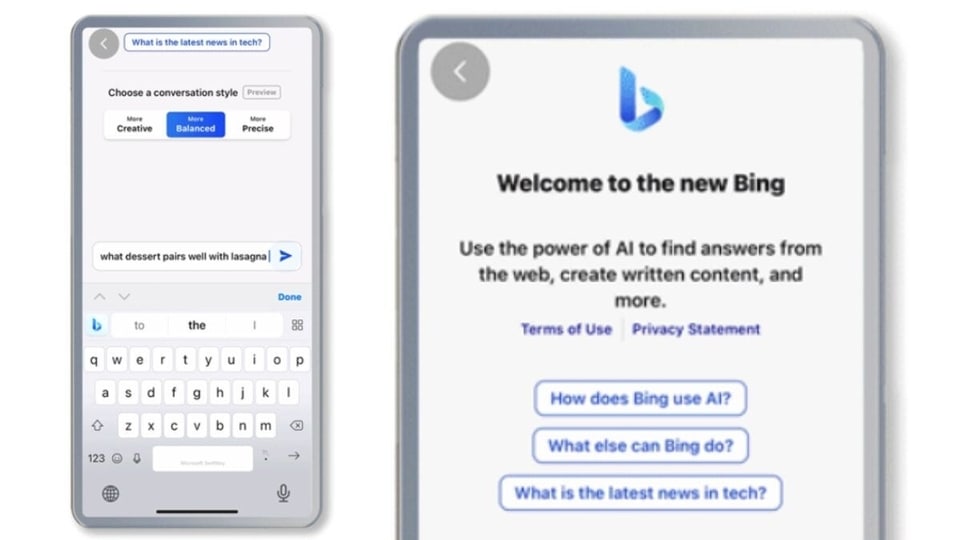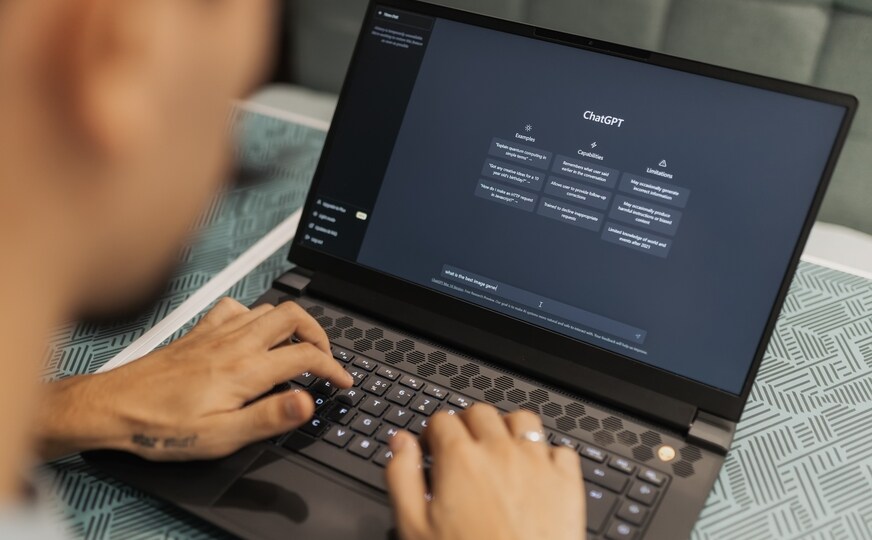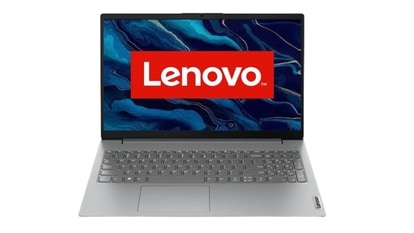AI won't beat the market any better than Wall Street
ChatGPT isn't going to be a stock-picking genius.






 View all Images
View all ImagesArtificial intelligence is coming for finance. Researchers are using ChatGPT to decipher Federal Reserve statements and to mine headlines for clues about where stocks are headed. JPMorgan Chase & Co. just launched an AI bot that generates trade signals from Fed statements.
While AI may soon do the work of Wall Street, it's unlikely to do any better for investors than the industry it seeks to replace. Most financial professionals who try to outsmart the market by parsing Fed statements or financial news — and who knows what else — have little to show for it. The vast majority of actively managed mutual funds consistently underperform their broad market benchmarks, and most hedge funds are no better. Investors are more likely to be better off with low-cost index funds that track broad markets.
JPMorgan knows this as well as anyone. I counted about 380 actively managed JPMorgan mutual funds with a 15-year track record in Morningstar's database, including the various share classes. Of those, 65% underperformed their benchmark on a risk-adjusted basis through April, according to Morningstar's calculations. If JPMorgan's analysts are using Fed statements or headlines to make investment decisions, they're wasting their time.
There's no predictive value in Fed statements or financial news. Fed statements don't guarantee the future path of short-term interest rates, which mostly depend on inflation and the health of the labor market, neither of which anyone can reliably forecast, including the central bank. And even if you knew where short-term rates were going, you still wouldn't necessarily know the impact on longer-term rates or asset prices more generally, including stocks.
Financial news isn't any more useful. It's not indicative of companies' long-term prospects or even the near-term path of stocks and bonds. So why automate manual processes that have little or no predictive value?
Of course, AI may prove to be smarter than its creators, eventually solving puzzles that have long vexed humans. It might figure out how to forecast inflation, interest rates and other economic measures and how those measures intersect with asset prices. AI might even discover previously unknown drivers of the economy and asset prices or find so-called anomalies in markets — opportunities to generate above-market returns without taking more risk — that investors have not yet spotted and exploited.
In modest amounts, that kind of intelligence could be hugely profitable. Renaissance Technologies' Medallion fund has wielded proprietary supercomputing power for more than three decades, reportedly generating returns of 40% a year. But the strategy only has so much capacity, which is why Renaissance limits investment to insiders and caps the fund at $10 billion, returning profits twice a year to maintain the fund's size.
Early adopters of AI might enjoy similar advantages, but as adoption grows, opportunities to generate market-beating returns will diminish or disappear. That's essentially the history of active management, from stock-picking mutual funds to more esoteric hedge funds. In their book, The Incredible Shrinking Alpha, Andrew Berkin and Larry Swedroe show that, counterintuitively, as active managers collectively became more skilled, their ability to generate outsized returns diminished because greater competition made it harder to beat the market without taking more risk.
“The ones using AI first may be able to uncover anomalies and exploit them. But once discovered, those anomalies will disappear as others replicate the strategy,” Swedroe told me. “The market becomes more efficient when anomalies are uncovered because the behavior or lack of behavior that gives rise to them tends to be eliminated by competition among investors for higher returns.” In other words, AI's attempts to beat the market will make beating the market even harder.
If anything, AI is more likely to burn investors than benefit them. Every new technology, including most recently the internet and blockchain, is heralded as a can't-miss investment opportunity. Inevitably, a few early investors reap a fortune while everyone else piles in closer to the peak of excitement just before prices collapse. The hype around AI is already revving up.
Perhaps AI can be useful in one financial respect: Critics of index investing are constantly whining that markets need active managers to set prices. While that may be true, there are more than enough active managers, and there's always likely to be because index funds increasingly mimic traditional styles of active management, such as value, growth, quality and momentum. Still, if AI takes over for active managers, maybe indexers can finally track broad markets in peace.
In fact, the surest way to make money on AI is to buy a broad market index. The great companies of the internet era — Microsoft Corp., Amazon.com Inc. and Google parent Alphabet Inc. — account for 12% of the S&P 500 Index. Investors have shared in their success by simply owning the market. If AI lives up to its great promise, it will dominate the market one day, too. And if not, it was never worth investing in.
Nir Kaissar is a Bloomberg Opinion columnist covering markets. He is the founder of Unison Advisors, an asset management firm.
Catch all the Latest Tech News, Mobile News, Laptop News, Gaming news, Wearables News , How To News, also keep up with us on Whatsapp channel,Twitter, Facebook, Google News, and Instagram. For our latest videos, subscribe to our YouTube channel.


























